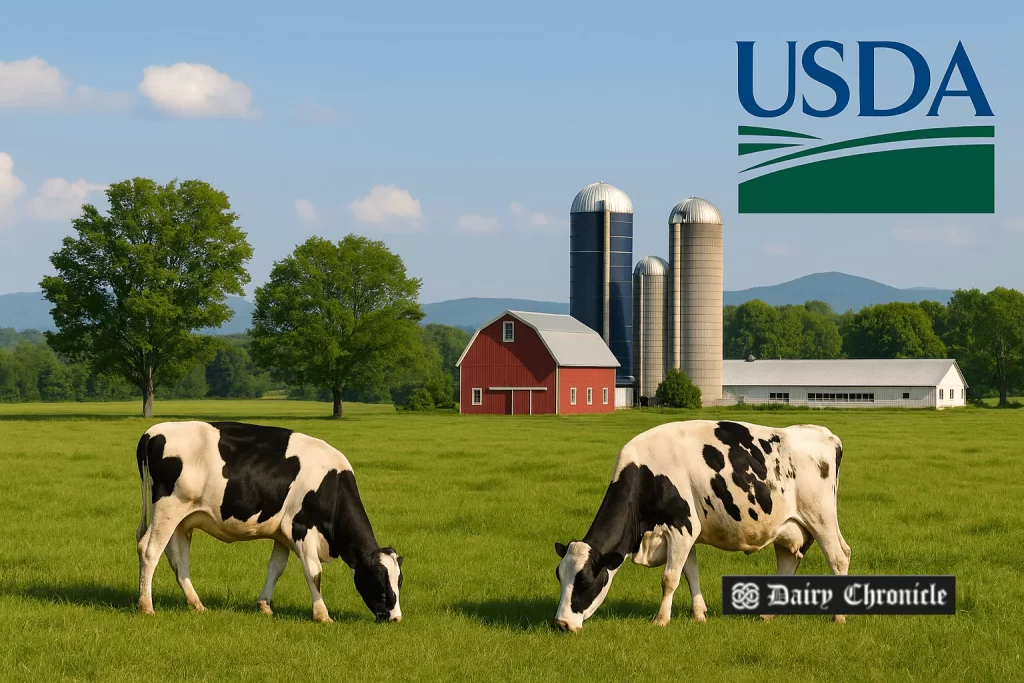The USDA declared all Vermont dairy farms free of bird flu following a statewide testing initiative. Vermont is the first New England state to achieve this status during the avian influenza epidemic. A comprehensive milk sampling program covering 411 farms found no infections in Grade A and raw milk. The USDA-funded effort, led by local experts, aims to protect the dairy sector and reassure consumers and food producers.
In a significant development for the U.S. dairy industry, the U.S. Department of Agriculture (USDA) has declared all dairy farms in Vermont free of bird flu, following an extensive milk sampling program conducted across the state. This announcement makes Vermont the first New England state to be officially recognized as unaffected by the ongoing avian influenza epidemic.
The USDA’s declaration follows a rigorous statewide testing initiative involving 411 dairy farms. The program assessed both Grade A milk and raw milk from cheese producers to detect any trace of avian influenza. All samples returned negative, indicating that Vermont’s dairy products remain safe for consumers and the supply chain remains intact.
The entire testing process was funded by the USDA, ensuring that local dairy farmers bore no financial burden. According to E.B. Flory, dairy section chief at the Vermont Agency of Agriculture, the testing initiative reflects a proactive approach to protect both public health and the integrity of Vermont’s dairy industry.
This sampling program is a first-of-its-kind system built by a team of Vermonters who wanted to bring peace of mind and protection to our dairy farmers, food processors, and cheese makers.”
E.B. Flory, Chief at the Vermont Agency of Agriculture
The bird flu epidemic has raised widespread concerns across the United States, particularly as the virus has been found in various livestock and poultry operations. Vermont’s clean record comes as a reassuring update for consumers, food manufacturers, and agricultural stakeholders alike.
The state’s achievement is credited to close coordination between local agencies, federal authorities, and the farming community, with an emphasis on biosecurity, transparency, and data-driven surveillance.
While other regions continue to monitor and respond to potential outbreaks, Vermont’s status as bird flu-free offers a model for effective response and resilience in agricultural sectors during a health crisis.



